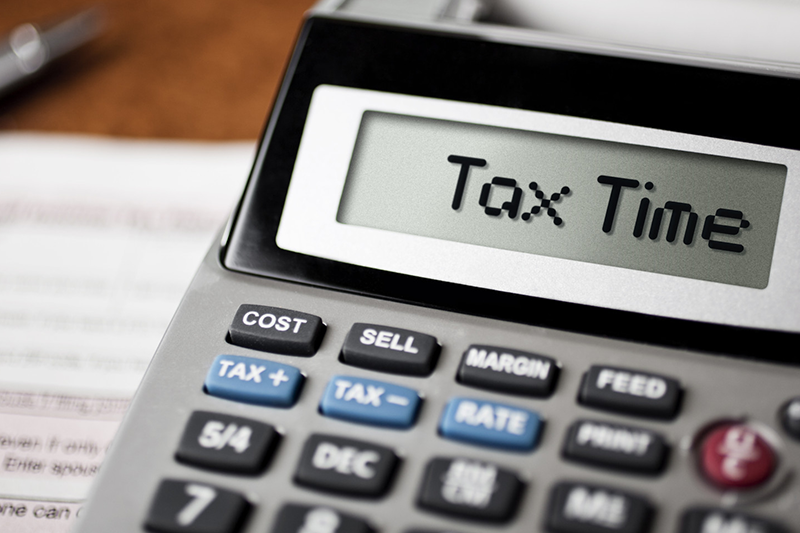BY NATHANIEL SILLIN
You’re not alone if your heart pounds when you see a letter from the Internal Revenue Service (IRS) in your mailbox. While some lucky filers get sent a letter because they’re due a larger refund, most of us fear the worst – an audit.
Those fears may be largely unfounded for the average household. Only about one percent of taxpayers get audited, and high-income taxpayers are disproportionately targeted.
If you are audited, it might not be like you imagine. An audit could focus on a particular line entry, credit or figure, and you might only need to mail or fax a copy of the relevant paperwork, such as an insurance report or receipt.
Even so, getting audited isn’t fun. In the best case, you have to take the time to dig through your records and respond. In the worst case, you have to do all that as well as pay penalties and interest.
What can you do to help reduce your risk of audit? Audits, or examinations as they’re also referred to, could be the result of a random selection, mismatched documents, deviation from the expected “norms” for similar returns or connection to someone who’s being audited. But there are a few things you can do to help minimize your chances of being audited.
-
· Enter all your information correctly. Take an extra few minutes to double-check the information you entered when preparing your tax return. A misspelled name or wrong number could lead to an examination.
-
· Include information from every form with your return. When an organization sends you a tax form, it also sends a copy to the IRS. The IRS has an automated system that can flag a return when you don’t include information from one of the forms you received.
-
· Don’t treat a hobby as a business. You might enjoy your hobby and occasionally make some money from it, but that doesn’t make it a business. Business and hobby expenses are treated differently and you can’t claim a loss from your hobby. If you try, that could be a red flag.
-
· Know the home-office rules. Many small business owners and contractors work from home, but that doesn’t automatically mean you can claim the home-office deduction. You can’t claim a guest bedroom where you occasionally work, the room (or part of a room) must be used exclusively and regularly for business.
-
· Only claim the EIC if you have earned income. To qualify for the Earned Income Credit (EIC), you need to have earned income, such as wages or salary, for the year. Other types of income, including alimony, child support, unemployment benefits and Social Security won’t qualify you for the EIC.








